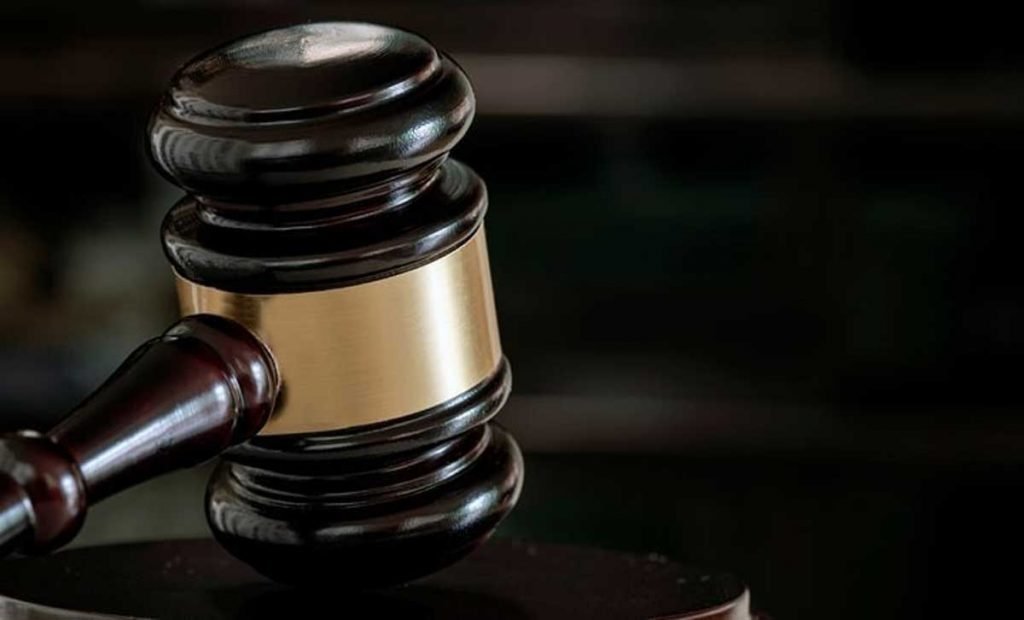Misdemeanors are crimes that are less serious than felonies. They are usually punishable by a fine or a short jail sentence. There are different degrees of misdemeanors, depending on the severity of the crime. In other words, not all misdemeanors are created equal.
There are three different classes of misdemeanors: Class A, Class B, and Class C. Each class has its own set of penalties and punishments. This blog post will discuss the differences between these three classes of misdemeanors. We will also talk about the consequences of being convicted of a misdemeanor.
Different Classes Of Misdemeanors And Its Penalties
There are three different classes of misdemeanors in the United States: Class A, Class B, and Class C. The penalties for each class depending on the state in which the crime was committed.
- Class A misdemeanors are the most severe type of misdemeanor. They typically involve jail time of up to one year and a fine of $2000. Class A misdemeanors are punishable by up to one year in jail and a fine of up to $4000 in some states.
- Class B misdemeanors are less severe than Class A misdemeanors. They typically involve jail time of up to six months and a fine of $1000. Class B misdemeanors are punishable by up to six months in jail and a fine of $2000 in some states.
- Class C misdemeanors are the least serious type of misdemeanor. They typically involve a fine of up to $500. Class C misdemeanors are punishable by up to 90 days in jail and a fine of up to $750 in some states.
The punishment for a misdemeanor depends on the severity of the crime and the state in which it was committed. If you want to fully understand the scope of your offense, speaking to a Riverside Misdemeanor Attorney about your case is the best way to get started and ensure your legal rights are protected.
Examples of Misdemeanor Offenses People May be Charged With
There are a variety of misdemeanor offenses that a person may be charged with. Some of the most common include:
- Assault
- Battery
- DUI/DWI
- Disorderly conduct
- Trespassing
- Petty theft
These are only a few examples, as the list of possible misdemeanor offenses is quite long. If you have been charged with a misdemeanor, it is essential to speak to an experienced attorney who can help you understand the charges and possible penalties you may be facing.
The Consequences of Having a Misdemeanor on Your Record
While misdemeanors are not as severe as felonies, they can still impact your life. A misdemeanor conviction can result in a loss of certain rights, such as the right to vote or possess a firearm. Additionally, having a misdemeanor on your record can make it challenging to find employment or housing.
If you have been charged with a misdemeanor, it is essential to speak to an experienced attorney who can help you understand the charges and possible penalties you may be facing. The consequences of a misdemeanor conviction can be severe, so it is essential to have an experienced advocate on your side.
Categorizing misdemeanors by their severity level helps standardize punishments across different states. This way, people who commit similar crimes in other places can expect more or less the same type and amount of punishment. However, misdemeanors are still serious crimes and can have lasting effects on a person’s life.
How To Avoid Being Convicted Of A Misdemeanor?
The best way to avoid being convicted of a misdemeanor is to avoid being charged in the first place. This can be difficult, as many misdemeanors are crimes of opportunity. For example, you may be charged with trespassing if you enter someone’s property without permission. It is vital to know the law and understand what types of behavior may result in criminal charges to avoid this.
Can A Misdemeanor Be Expunged From Your Record?
In some cases, yes. Whether or not a misdemeanor can be expunged from your record depends on the severity of the crime and the state in which you were convicted. For example, some states allow people to expunge Class C misdemeanors from their records after a specific time has passed. However, other states do not allow any misdemeanors to be expunged.
While it can have a lasting effect on your life, potential setbacks if you have a record includes:
- Denial of professional licenses
- Ineligibility for public benefits
- Loss of the right to vote
- Loss of the right to possess a firearm
- Difficulty finding employment or housing
What’s the difference between misdemeanor and felony?
Misdemeanors are less severe than felonies and are typically punishable by fines, probation, or incarceration in county jail rather than a state or federal prison. Examples of misdemeanors include petty theft, disorderly conduct, and simple assault. Felonies are more severe crimes punishable by imprisonment in a state or federal prison. Examples of felonies include murder, rape, and armed robbery.
When deciding whether a crime is a misdemeanor or felony, courts consider the severity of the crime and the potential punishment. For example, a punishable crime by up to one year in jail is typically classified as a misdemeanor. A punishable crime by more than one year in prison is generally classified as a felony.
Final Words
Although misdemeanors are not as severe as felonies, they can still impact your life. If you have been charged with a misdemeanor, it is essential to speak to an experienced attorney who can help you understand the charges and possible penalties you may be facing. The consequences of a misdemeanor conviction can be severe, so it is essential to have an experienced advocate on your side.

